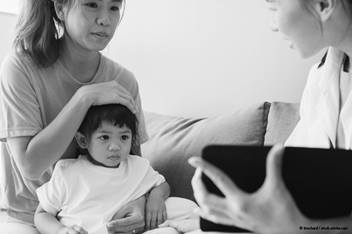The Constipation Challenge
After a few days and more often after a few weeks, the number of bowel movements will start decreasing, and this usually leads to constipation. Avoiding constipation will become a parent’s top priority for the next few months and years.
Here are a few key tips:
- Constipation is your #1 threat: Many parents don’t realize that constipation can delay their child achieving potty training and long term bowel control.
- Constipation can be controlled: A proper diet along with using water soluble fiber and laxatives can help control constipation. We recommend using a senna-based stimulant laxative. We do not use stool softeners such as Miralax. The amount of laxative used should be monitored so that it relieves the constipation, but does not cause diarrhea.
- Know the signs: You will become an expert in recognizing constipation, but sometimes it’s more than just "24 hours without a stool." If your baby keeps passing stool, but the stool is dark and sticky, or it seems like the baby never stops passing the stool, the parents should assume that the baby is constipated. Constipation can also show up as episodes of small amounts of loose stool. This can be misinterpreted as diarrhea. This is called overflow pseudoincontinence, and is the result of feces leaking around an impaction – which is a mass of feces that is stuck in the rectum. Impactions can cause medical emergencies and must be removed by your physician.
- Shoot for Once or Twice a Day: The ultimate goal is to develop a good bowel movement pattern of one to two well-formed stools per day up until the age of potty training. This will make the transition to potty training much easier.



